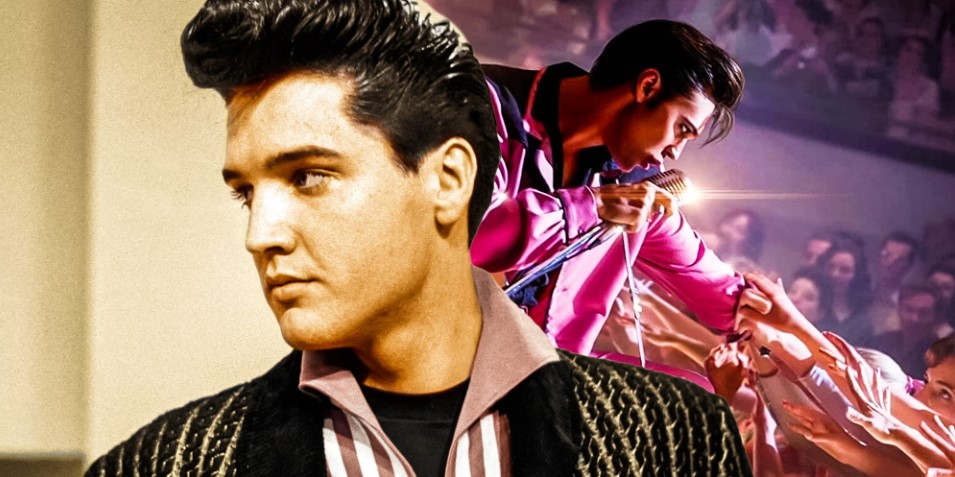At the time, Elvis was a rising star, fueled by his groundbreaking recordings at Sun Records. However, it was his appearance on the Dorsey Brothers' Stage Show that catapulted him into the national spotlight and cemented his status as a cultural phenomenon. The Dorsey Brothers, Tommy and Jimmy, hosted the popular variety show, providing a platform for emerging talent in the burgeoning world of rock and roll.

Elvis Presley's arrival on the Stage Show was nothing short of a musical revolution. Dressed in his signature gold lamé suit, a visual spectacle that mirrored the audacity of his musical style, Elvis exuded confidence as he took the stage. The palpable energy in the room hinted at something extraordinary about to unfold.
The performance kicked off with Elvis delivering a blistering rendition of his hit single "Shake, Rattle and Roll." The sheer intensity of his vocal delivery and the uninhibited gyrations of his hips sent shockwaves through the conservative sensibilities of 1950s America. It was a performance that would go down in history as the birth of the Elvis phenomenon.

Elvis's fusion of rhythm and blues, gospel, and country music was a revelation to the predominantly white audience of the Dorsey Brothers' Stage Show. His sound was a rebellious force that transcended racial boundaries, challenging societal norms and sparking a cultural revolution. The raw energy and unabashed sensuality of his performance left an indelible mark on the minds of viewers, both young and old.
One of the defining moments of the show was Elvis's rendition of "Heartbreak Hotel," his breakthrough single that had just been released. The song's brooding lyrics, coupled with Presley's emotive delivery, resonated with a generation grappling with the complexities of love and heartache. The performance was a masterclass in showmanship, with Elvis effortlessly captivating the audience with his magnetic stage presence.

However, not everyone was enamored with Elvis's unique style. Some critics derided his performances as vulgar and denounced the suggestive nature of his movements. The controversy surrounding his appearance on the Dorsey Brothers' Stage Show only served to fuel his notoriety and elevate his status as a countercultural icon.
Beyond the controversy, it was Elvis's authenticity that endeared him to fans. His genuine love for the music, coupled with an undeniable charisma, set him apart from the manufactured pop stars of the era. Elvis wasn't just performing; he was embodying the spirit of a new musical era, challenging preconceived notions of what popular music could be.

The impact of Elvis Presley's debut on the Dorsey Brothers' Stage Show reverberated far beyond that singular performance. The exposure catapulted him to stardom, leading to a string of chart-topping hits and a film career that would further solidify his status as an entertainment juggernaut. The King had arrived, and the world was eager to witness the seismic shifts he would continue to bring to the world of music and popular culture.
In conclusion, Elvis Presley's appearance on the Dorsey Brothers' Stage Show in 1956 was a defining moment in the history of rock 'n' roll. It was a performance that transcended musical boundaries, ignited a cultural revolution, and established Elvis as the unrivaled King of Rock 'n' Roll. The echoes of that historic night continue to resonate, underscoring the enduring impact of an artist who dared to be different and forever changed the course of popular music.



